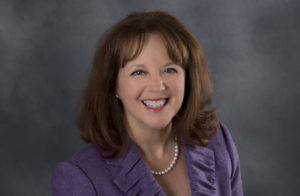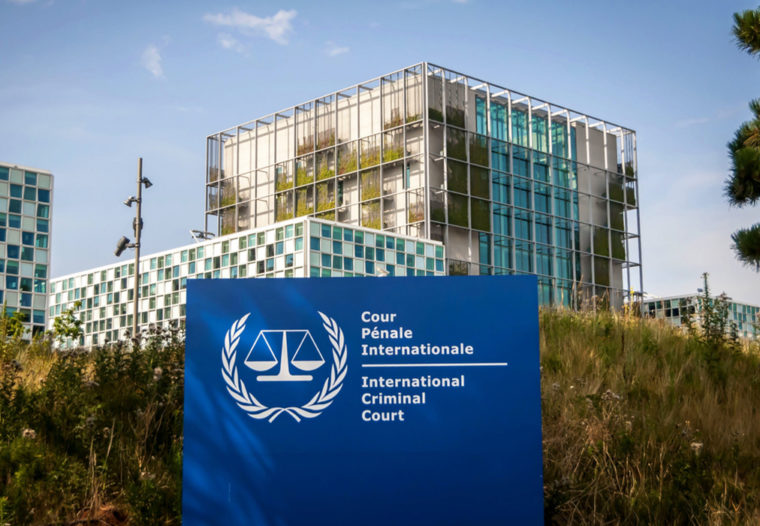The Trump administration’s national security adviser John Bolton, a longtime critic of the International Criminal Court (ICC), threatened Sept. 10 to impose sanctions on court personnel if the court continues with an investigation into alleged U.S. war crimes in Afghanistan.
Bolton’s speech is likely to act as a boomerang, upsetting the 123 countries that are States Parties to the Rome Statute of the International Criminal Court, most of which are close U.S. allies, and make it harder for the U.S. to actually achieve its objectives, says a noted expert on the ICC at Washington University in St. Louis.
“It’s actually quite simple,” said Leila Sadat, the James Carr Professor of International Criminal Law and director of the Whitney R. Harris World Law Institute in the School of Law. “If you don’t want to be investigated by the ICC, don’t commit genocide, war crimes or crimes against humanity.”

And, she added, “if there are allegations of crimes committed by the U.S., all the U.S. has to do is open an investigation into those crimes, under the doctrine of complementarity — to deprive the ICC of jurisdiction.”
“The ICC is not actively investigating conduct in Afghanistan,” she said. “It has applied for authorization from the pre-trial chamber of the court to initiate an investigation into alleged crimes against humanity and war crimes committed there, mainly by Taliban forces. But that inquiry could potentially implicate Americans because of the ‘enhanced interrogation techniques’ used there in 2002 and 2003, hence the ‘shot across the bow’ from Bolton.”
The ICC has jurisdiction because Afghanistan ratified the International Criminal Court treaty and accepted the court’s jurisdiction over its territory, so crimes committed there can potentially be investigated and prosecuted by the court, Sadat said.
Bolton can’t stop the ICC, Sadat said. But he can threaten the international legal order.
“He can further erode U.S. support for the United Nations (UN), and endanger both continued U.S. participation in the UN and deepen the rift between many UN member states and the U.S.,” she said.
As for Bolton’s threat to arrest ICC officials traveling to the U.S. and bring criminal proceedings against them — a move that Sadat noted is both unprecedented and probably unlawful — she said that this could isolate the U.S. further from these international institutions, including the UN itself, and encourage them to move overseas to safer and more welcoming locations like Geneva or The Hague.
Sadat also noted the close connection between Bolton’s speech and the Senate’s confirmation hearings on Supreme Court nominee Judge Brett Kavanaugh.
“It’s not just a coincidence that Bolton gave his speech today at a Federalist Society meeting, and that President Trump asked for the Federalist Society’s input before nominating Judge Kavanaugh for the U.S. Supreme Court,” she noted. “The Federalist Society takes a very sovereignist perspective on global issues, tying into Trump’s ‘America First’ ideology that Bolton emphasized today.
“As a judge, Kavanaugh has written that international law cannot be ‘smuggled’ into the U.S. Constitution, and wielded ‘as a club’ against Congress and the president, in the Ali al-Bahlul case. It’s a definite shift to the hard right.”
